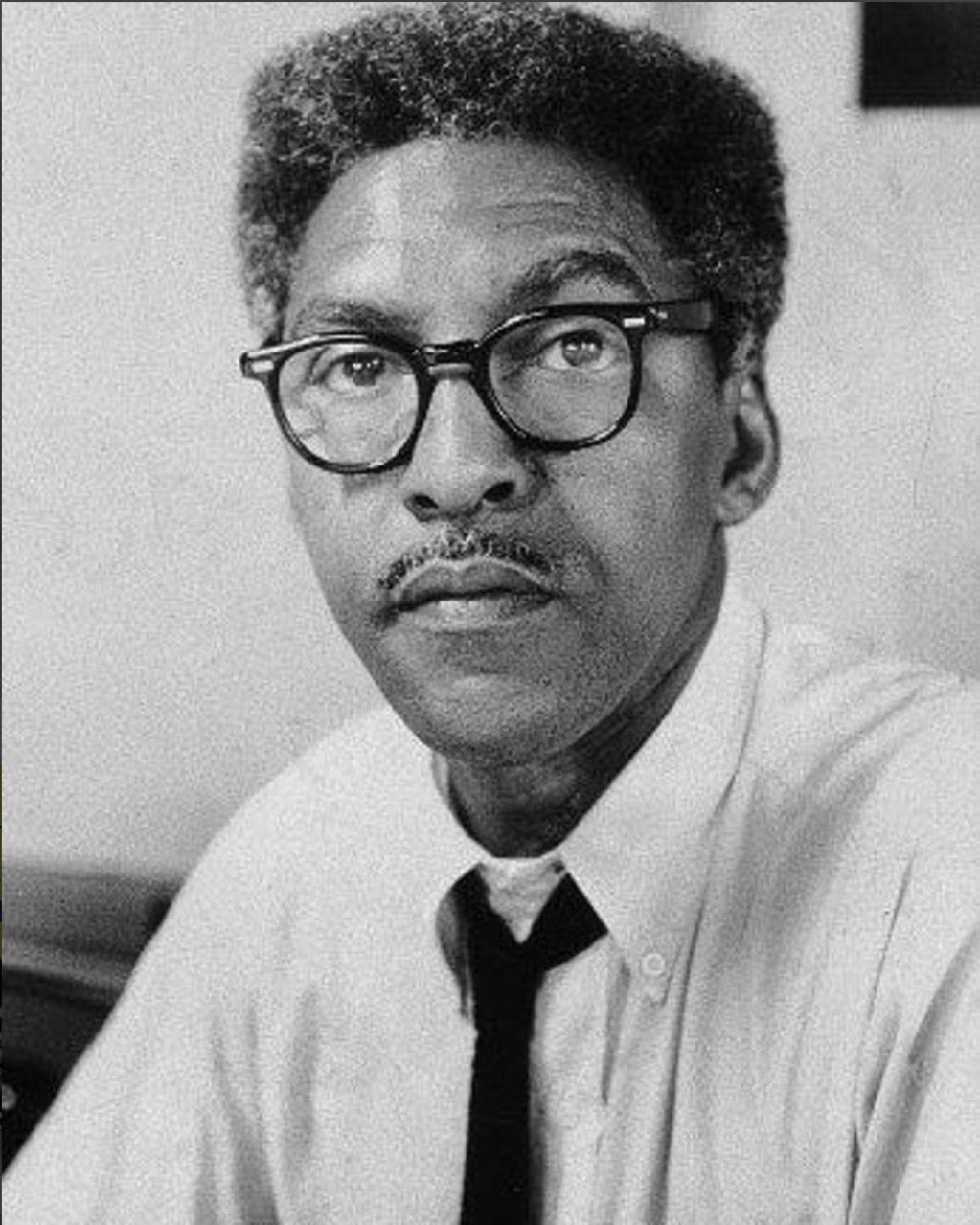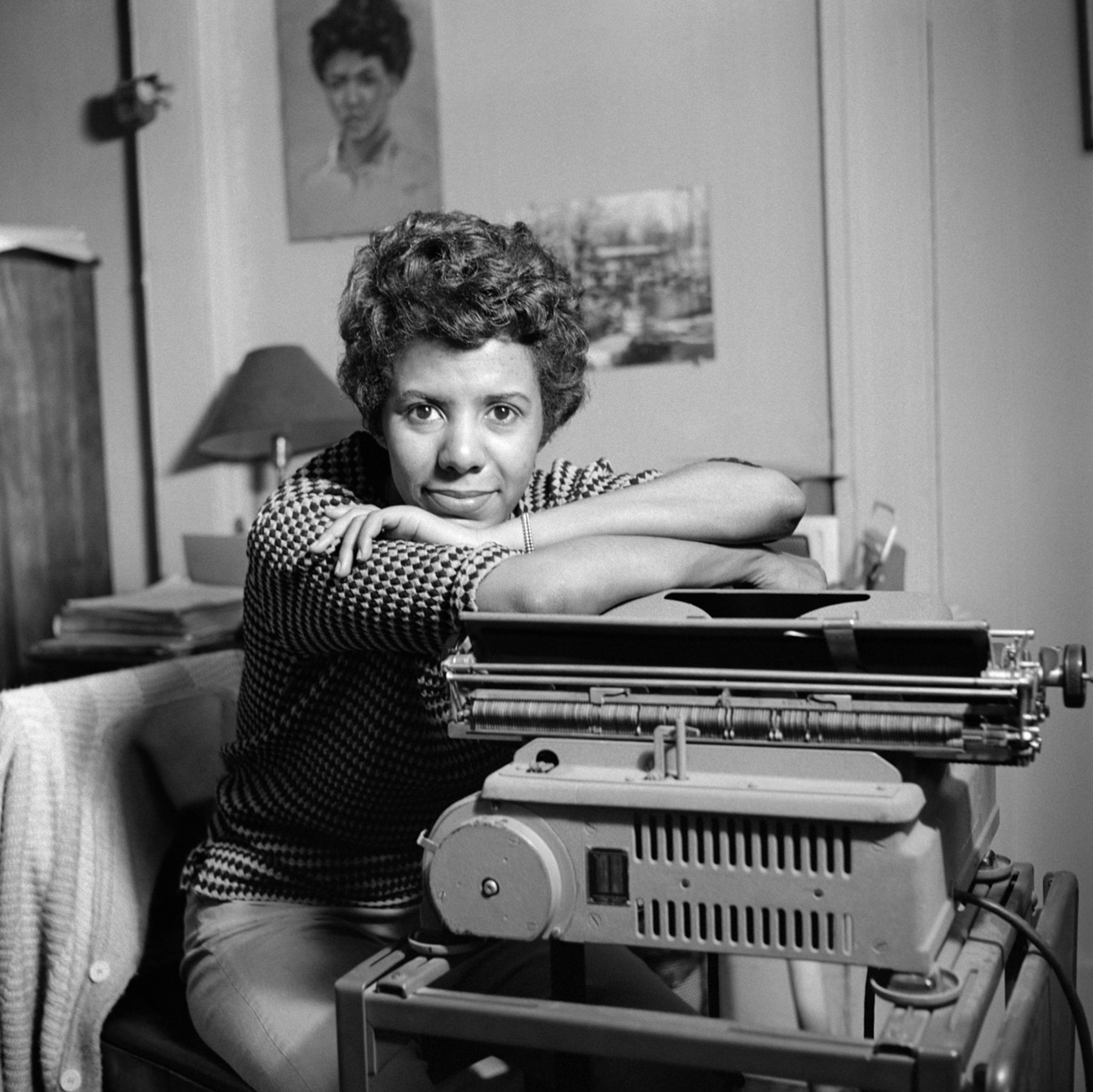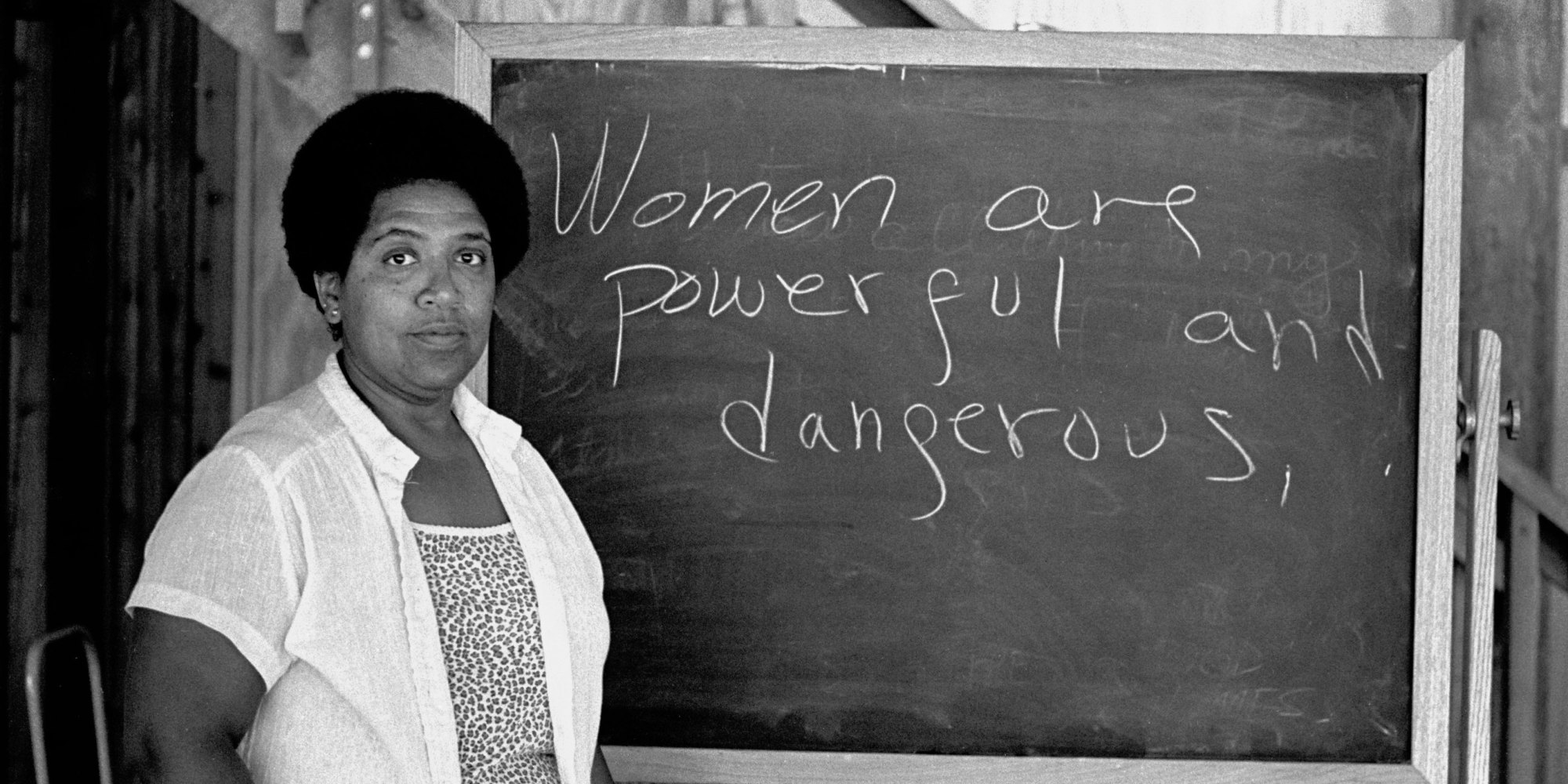Queer history, like most facets of history, heavily involves people of color and their experiences. To go along with the theme of black history month, this post will not be answering any questions. Instead, we will be looking at some incredible black members of the queer community and their impact on our historical fight for equal rights.

Bayard Rustin was the orchestrator of the 1963 March on Washington in the United States. Little is mentioned about him in US history classes because of the decision from organizers to keep his face from the front lines of the protests due to his sexuality. Mr. Rustin was a out and proud gay black man from Washington D.C. While Martin Luther King was writing his iconic "I Have a Dream" speech, Mr. Rustin had three short weeks to pull together one of the most important rallies held in D.C. during the civil rights protests of the 60's and 70's. He worked closely with MLK and helped teach him about nonviolent protests and even organized Freedom Rides and worked to align religious groups to grow King's leadership and support. Without Mr. Rustin, MLK's time as a leader might have looked very different.

Another black queer person from history that we often overlook is Lorraine Hansberry. Ms. Hansberry was the first African American female playwright to have a play performed on Broadway. She wrote a lot about the Black American experience under segregation and won the New York Drama Critics' Circle Award. She was actually the first African American to win it and the youngest playwright to ever do so. And she was also a lesbian. This part of her identity is often overlooked, even as she was described as outwardly vocal about her sexuality.

Audre Lorde, similarly vocal about her identities, is another queer black icon we should all know more about. Ms. Lorde was a self-described "Black, lesbian, mother, warrior, poet" and dedicated her life to fighting against homophobia and misogyny and was a powerful civil rights activist. Her poetry masterfully articulates her experiences witnessing violent oppression and degradation throughout her life. Her poetry in and of itself is an earth shattering voice of a movement. A movement dedicated to freeing those enslaved by racist societies, giving voice to the disabled, and creating a family for those who were abandoned.
But each of these incredible people had to fight for their identities. In their time they were seen as almost too black for the queer community. Yet their dedication to the freedom of African Americans and the rights of queer people was so powerful. And still, the queer community struggles with acknowledging the fact that racial issues touch us too. The denial of racism within our community is naive. All of us have to be actively anti-racists in everything that we do. The dedication these people of color (and many others) gave us led to equal rights for queer people and should be matched by white queer people in our fight against institutionalized racism. This goes for allies too. If you are hoping to be an ally to the queer community you also have to work to be anti-racist. This is not a fight we can stand to tackle alone. Every one of us has a duty to fight for everyone in our community, no matter how many intersecting identities they hold. Past black history month remember this. Don't leave these names in February, instead take them with you. Everywhere.